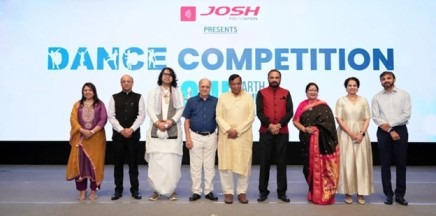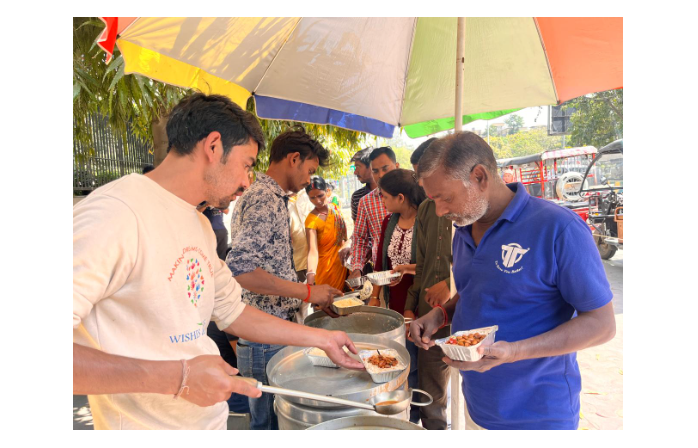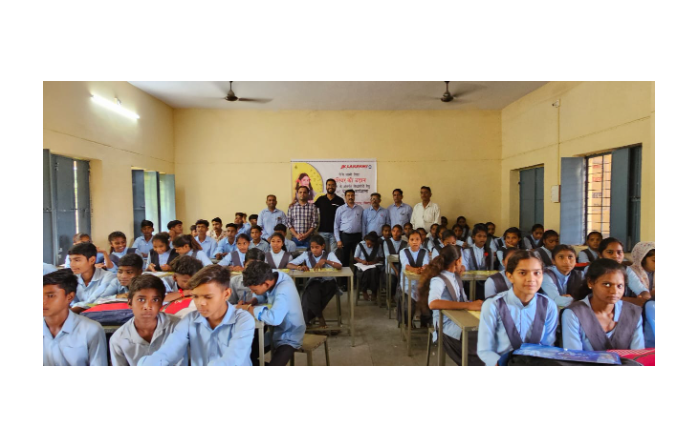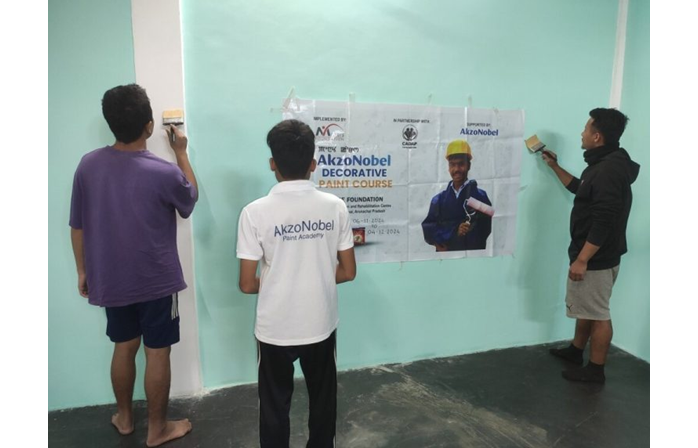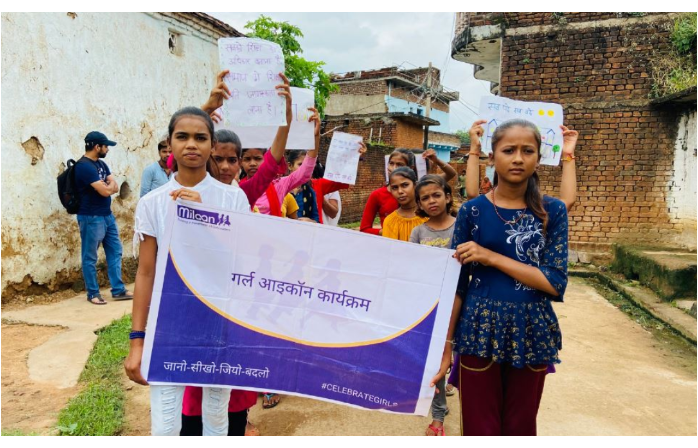Humana People to People India is equipping rural schools with technology–based teaching and learning methods
By- HPPI
January 8, 2020
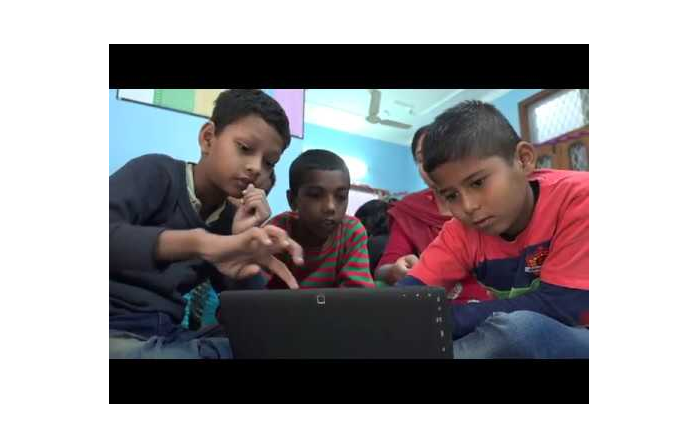
HPPI
Today, technology, in terms of computers and mobiles has become a basic need for everyone. Be it a school or an IT professional. Humana India, in partnership with Microsoft and Rajiv Gandhi Shiksha Mission, launched the project in Mungeli and Raigarh districts of Chhattisgarh. Digital classrooms were set up in 16 schools in these districts. The schools were selected in consultation with the District Mission Coordinators of the districts.
Chandan Varma, National Partnership Officer – Government & CSR, Humana People to People India says – ‘Our country is progressing rapidly, riding the wave of ‘Digital India’. But when we look back at the students in our rural schools, we find a huge disconnect. A digital disconnect. Technology plays a key role in education and in bridging the learning gaps in students. With these facts in mind, Humana India envisioned a programme where technology –based teaching and learning methods are used in classrooms and implemented in an interesting way.’
It is proven that children learn better through animations. Introduction of such animations in education directly improves the attendance of students in the class. The programme comprises of two modules. First is the ‘Box Solution’ where they provide computers projection system and speakers for each school. All the students are taught through digital content. The second is ‘Digital Learning Assessment Platform’ wherein students learn individually.
Vachaspati Singh – District Mission Coordinator, Rajiv Gandhi Mission, Mungeli, Chhattisgarh – ‘The Digital Classroom Project is being implemented in eight schools in these districts. They have very informative slides for students of grades 1-5. These small slides help clear the foundational concepts for children in the subjects of Maths and Environmental Science.’
The content comprises 60 topics which are divided into 3 levels. First level is for grades 1-2, second level for grades 3-4 and the third level for grade 5. These 60 topics, delivered digitally, help students easily understand complex concepts.
Sunita Banjara – Head Teacher in-charge, Government Primary School, Limha, Mungeli, Chhattisgarh says – ‘This is the very first time that a digital learning programme has been launched in our school. Teachers and students are equally excited about this project. Such a project is very essential for regions such as ours as children mostly come from poor background and they rarely get to use a computer system.’
Excitement among the students is clearly visible in the school mostly because of the animations used in the content.
Humana has been working with Rajiv Gandhi Shiksha Mission since past two years in the field of the out-of-school children. Since January 2019, the Kadam out-of-school children programme was joined to the ‘Digital Classroom Programme.’ Today, all the 16 schools in the two districts are implementing both the programmes simultaneously.
The Kadam programme helps increase the learning level of such students and mainstream them in their age-appropriate grades. The project also includes the component of promoting literacy among the unlettered rural women through the use of technology. This component is slowly gaining traction in the communities.
HPPI aims to use the power of technology in spreading the light of literacy among all the illiterate community members living near the 16 intervention schools. The Digital classroom project is being implemented in Mungeli and Raigarh district of Chhattisgarh. The project is benefitting 2,316 students from 16 Government Primary Schools while providing functional literacy to 79 rural women.
Source

Humana People to People India is a development organization registered as a not-for-profit company under section 25 of the Companies Act, 1956 as of 21st May 1998
© Renalysis Consultants Pvt Ltd



